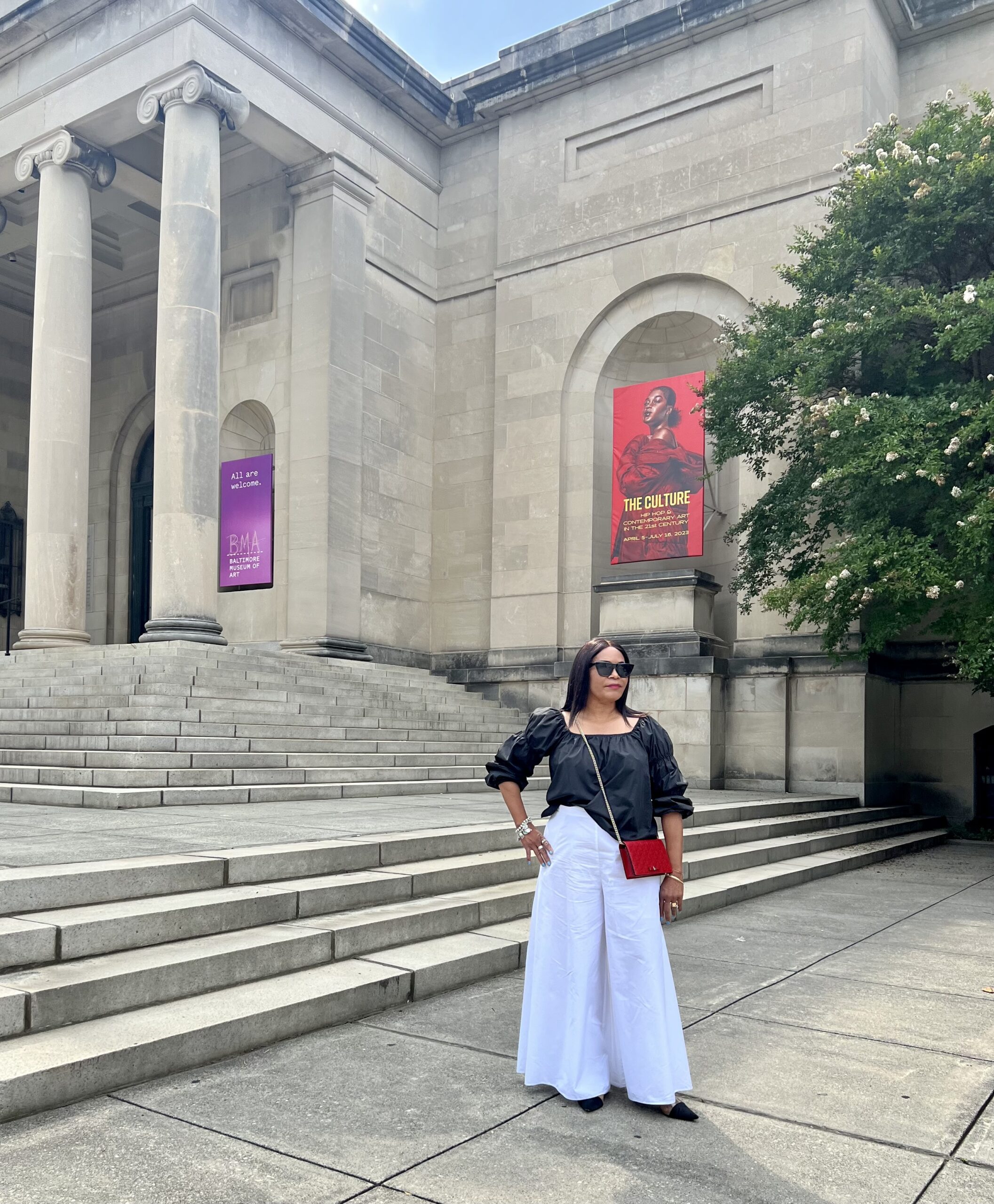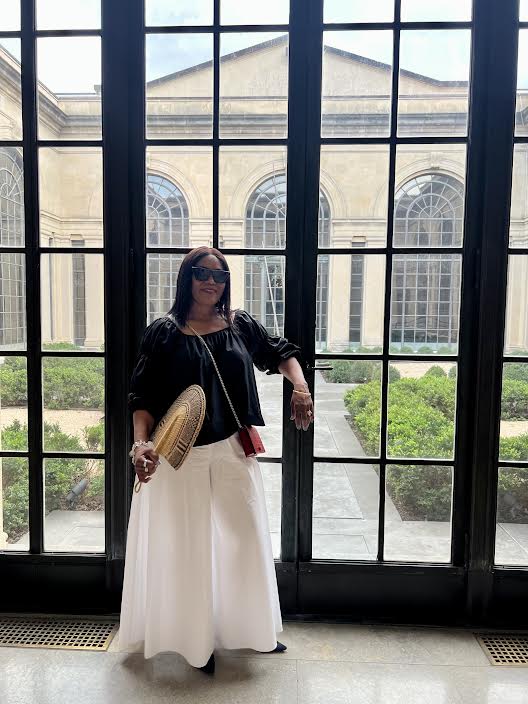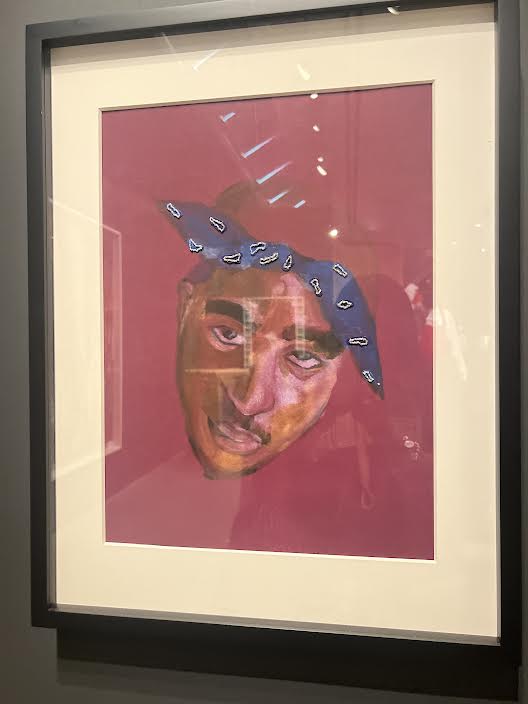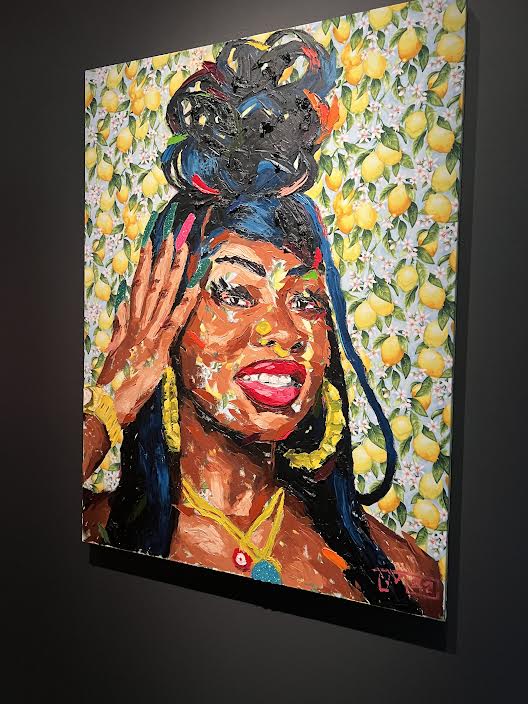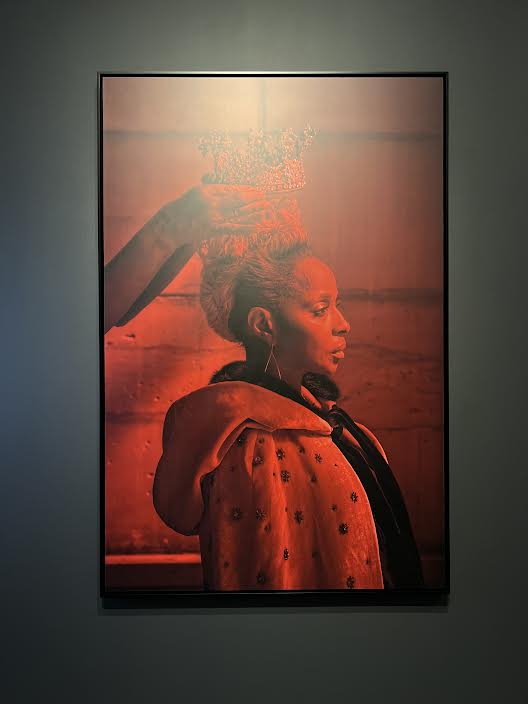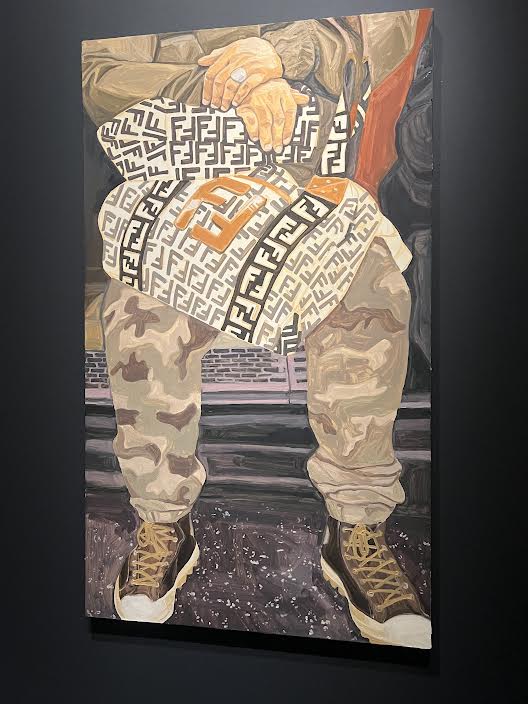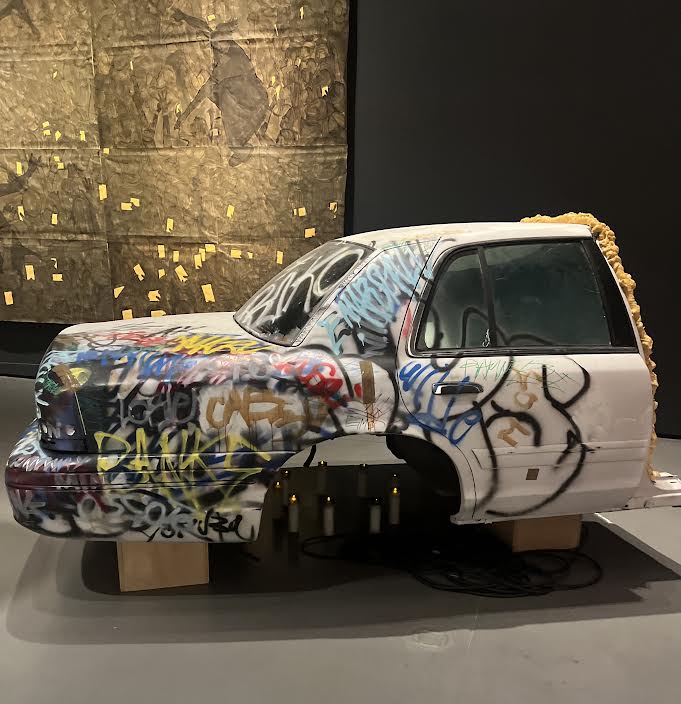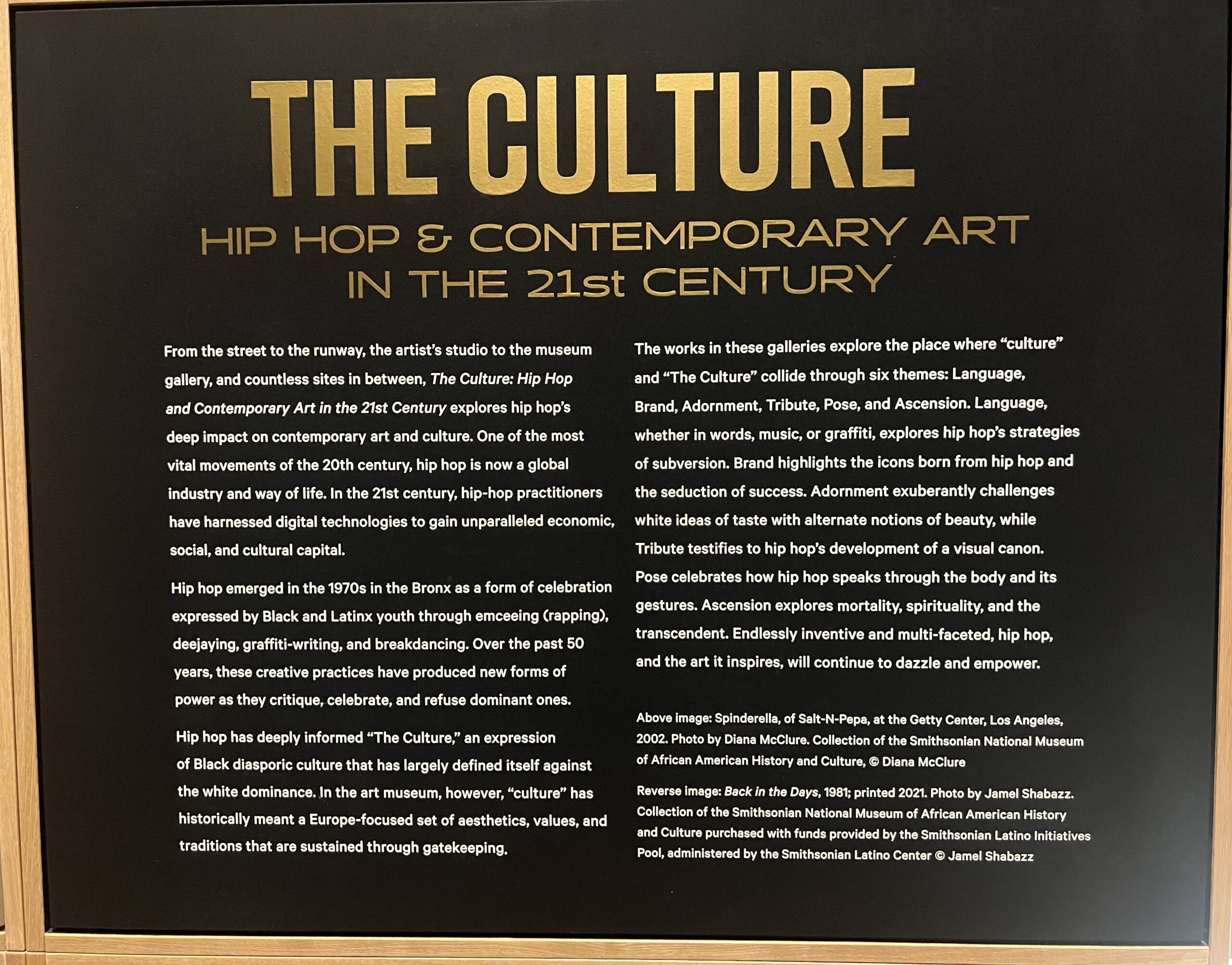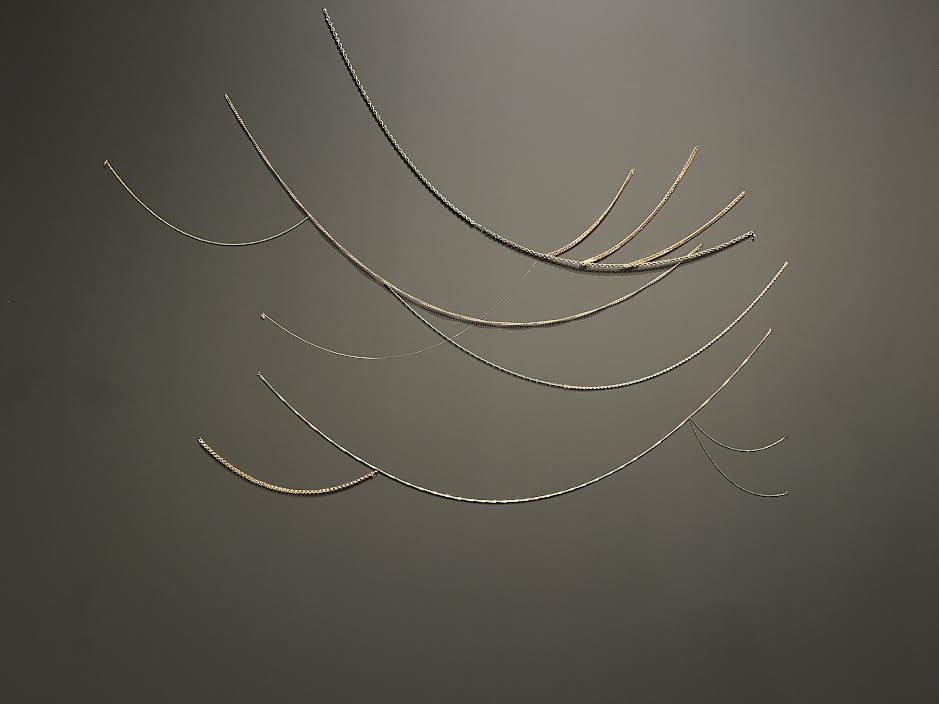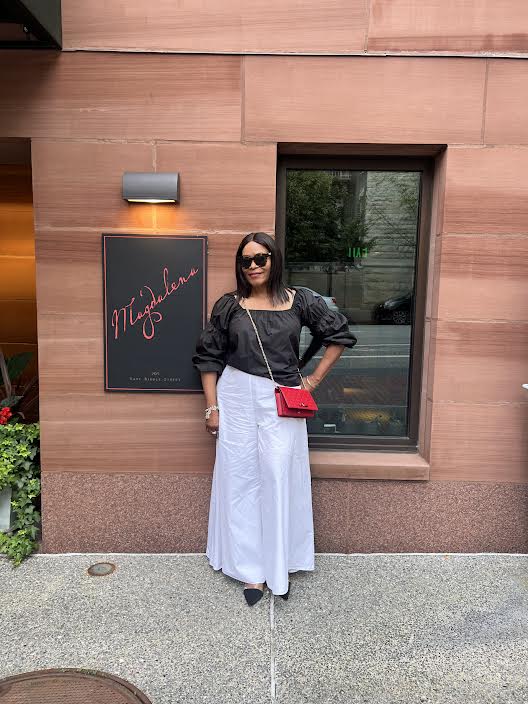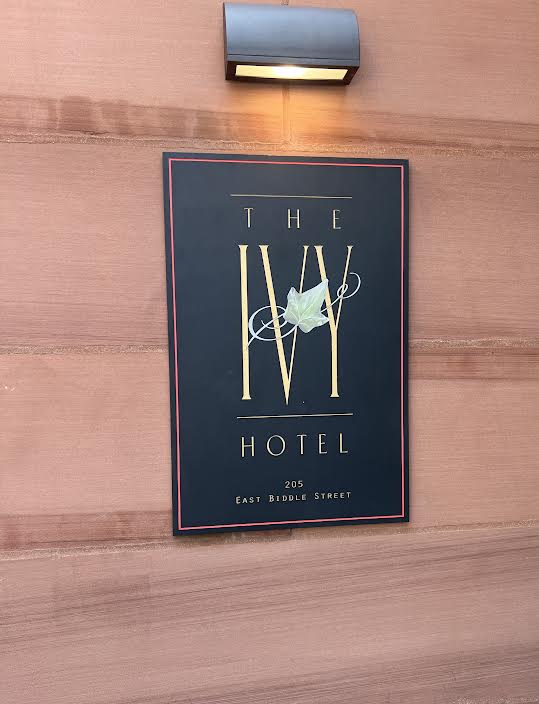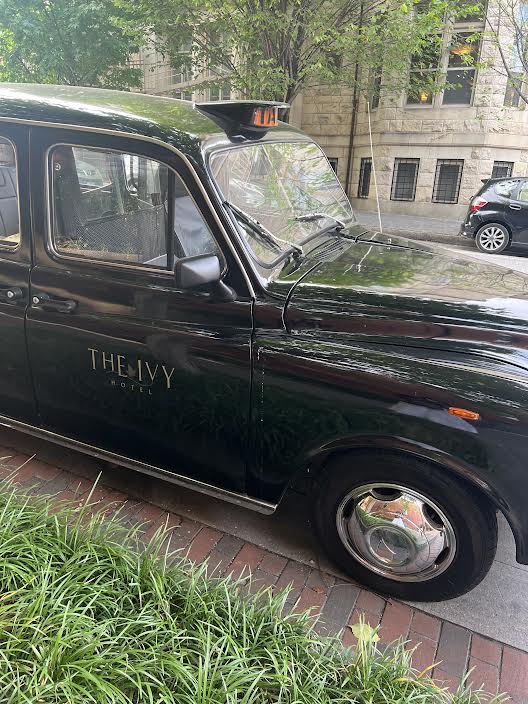The Baltimore Museum of Art recently paid homage to 50 years of hip-hop with an exhibition called The Culture: Hip-Hop and Contemporary Art in the 21st Century. Let’s explore how a cultural expression of youth, hip-hop, went from the streets of New York to groundbreaking exhibits.:
It’s hard to believe that hip-hop reverberated on the scene half a century ago this month. My first recollection of hip-hop was boom boxes, breaking dancing, and DJs sampling and remixing. What’s yours?

Hip-hop is more than baggy jeans, big gold chains, and sneakers. The BMA exhibit showcases so much more. The innovative exhibition, which opened on April 5 and closed on July 16, featured more than 90 works of art. The $15 timed entry ticket gave you access to hip-hop’s influence over five decades.
Quote from the BMA Director Asma Naeem at a press preview for the Culture on April 1, 2023, “This exhibition is groundbreaking because it signals a new way forward for museums around the most coveted commodity in cultural institutions: relevance.”
Community
First of all, locally-based Baltimore artists showcase their skills.
Joyce J. Scott
Hip Hop Saints, Tupac, 2014
Monotype with collaged beads on painted paper
Tupac Shakur lived in Baltimore during his teen years before moving to California and becoming famous.
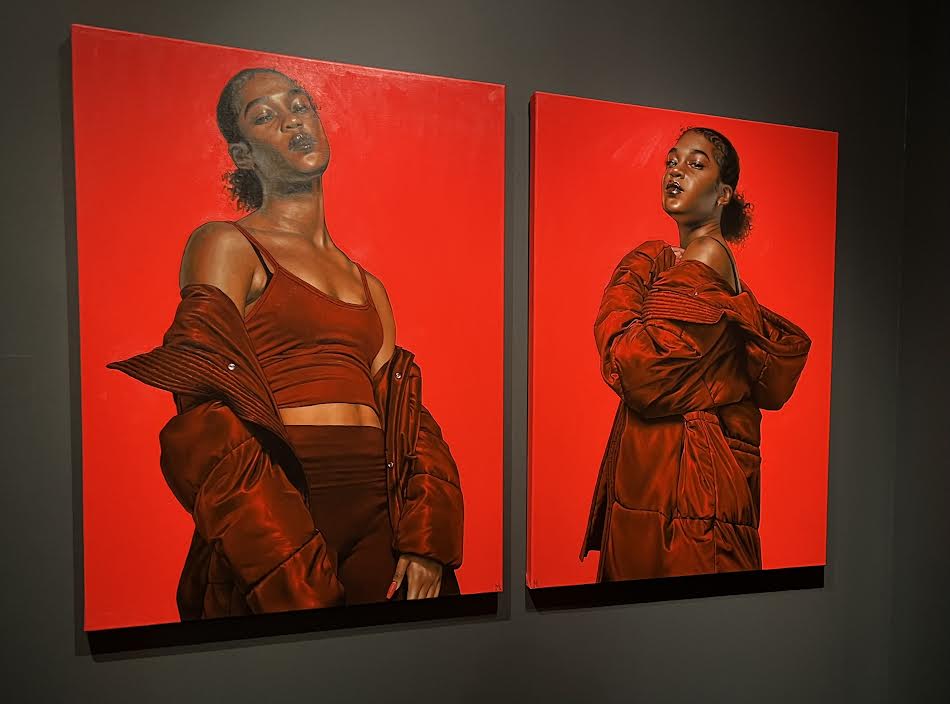
Monica Ikegwu, Baltimore artist
Open 2020/Closed 2021
Oil on canvas.
Megan Lewis, Baltimore, artist
Fresh Squeezed Lemonade, 2022
Oil and acrylic on fabric
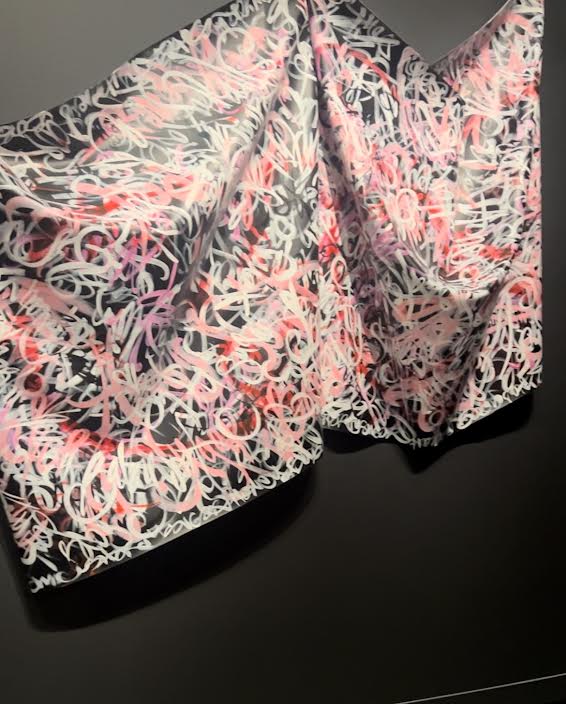
Shinique Smith, Baltimore Visual Artist
Shortysugarhoneybabydon’tbedistracted, 2002
Graffiti-inspired acrylic on vinyl
Visual Arts Highlights
Carrie Mae Weems
Portland, Oregon
“Anointed,” Queen of Hip Hop Soul Mary J. Blige, commissioned for W Magazine’s 2017 art issue
Jordan Casteel, Denver, Colorado
Fendi, 2018
Oil on Acrylic
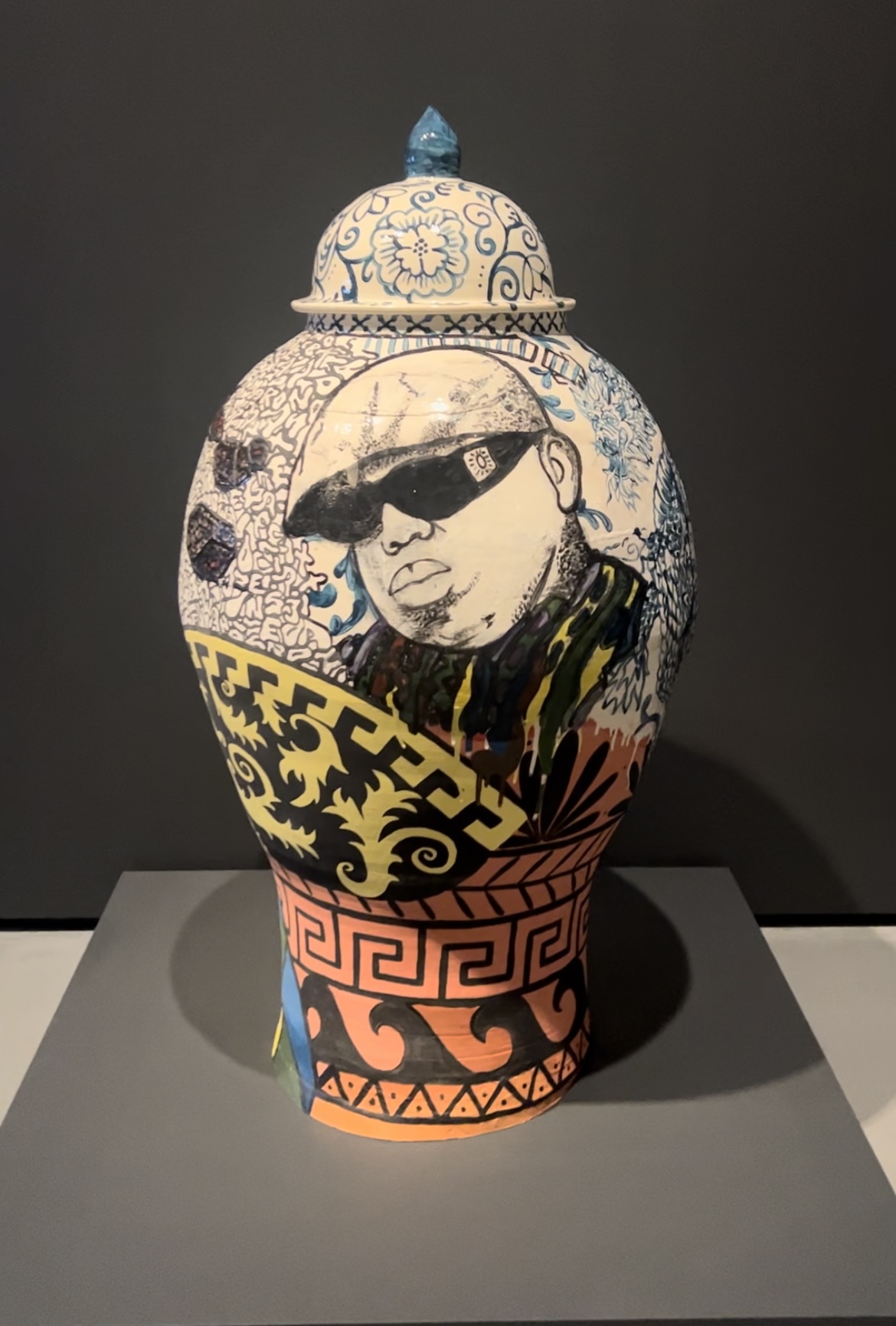
Roberto Lugo, Philadelphia, PA Artist
Street Shrine 1: A Notorious Story (Biggie) 2019
Glazed Ceramic
The hip-hop gallery, designed and created by the Washington, D.C.-based firm Smith Group, veers away from the white cube aesthetic typically seen in museums and incorporates engaging displays for the archival materials.
William Cordova, Lima, Peru, Visual Artist
Moby Dick
Mixed Media on Reclaimed Police Car
I purchased timed tickets in early July, planning to attend the exhibit two weeks before it closed to avoid the crowds. That Saturday, 2:30 reservation time was busy, with an audience of all ages and colors visiting the hip-hop galleries.
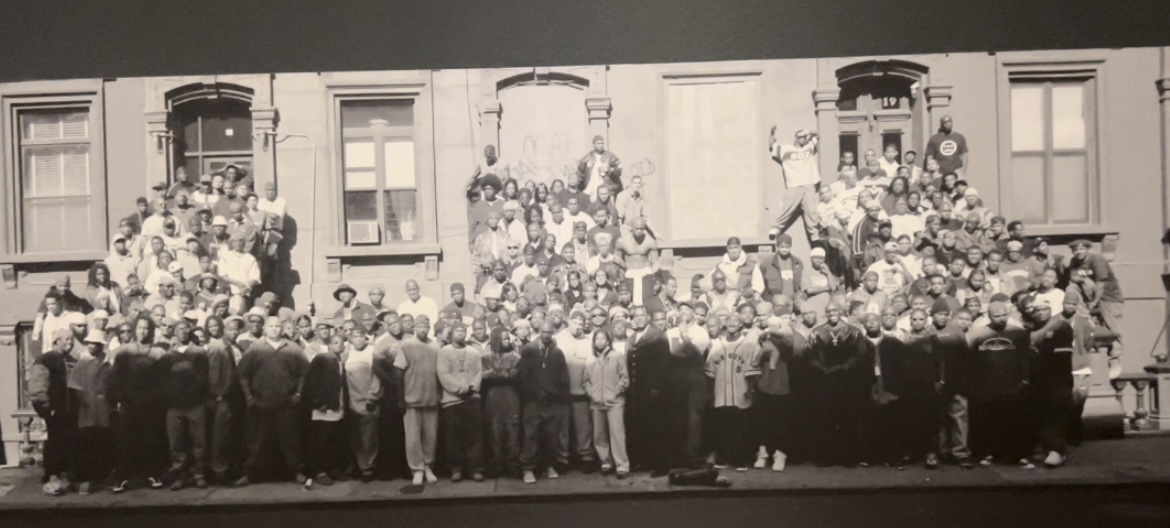
The above 1998 photo, A Great Day in Hip-Hop, pays homage to Art Kane’s A Great Day in Harlem 1959 photo featuring legendary jazz artists.
The works in the galleries explore where “culture” and “The Culture” collide through six themes: Language, Brand, Adornment, Tribute, Pose, and Ascension.
Fashion and Material Culture

Lauren Halsey, Los Angeles Visual Artist
auntie Fawn on the 6, 2021
Synthetic hair on wood
Candy-colored hair has become a powerful adornment in Black communities. Halsey’s rainbow-hued work elevates and appreciates it as an art form.
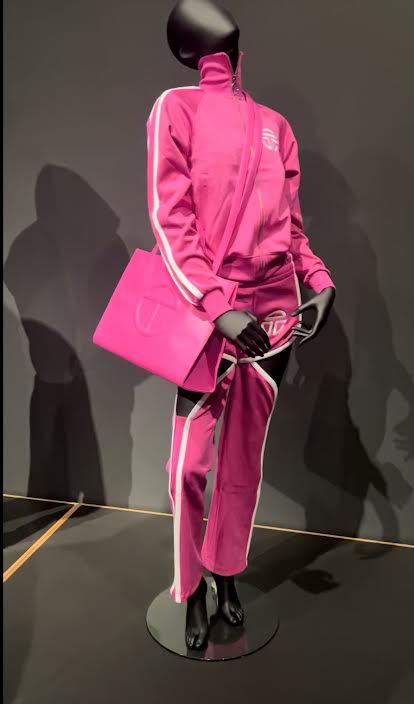
Telfar Clemens, New York Fashion Designer
Azalea Tracksuit with Small Azalea Shopping Bag
Robert Pruitt, Houston, Texas, Visual Artist
For Whom the Bell Curves, 2004
Gold Chains
The artist used this form. Why? Gold chains typically grace a rapper’s neck. The layered reference traces the routes of the Trans-Atlantic slave trade from Africa to America.
Robert Pruitt’s contribution moved me. The analogy of rappers wearing gold chains and how African Americans arrived in the United States from the slave trade. Slavery is a sobering reminder for African Americans.
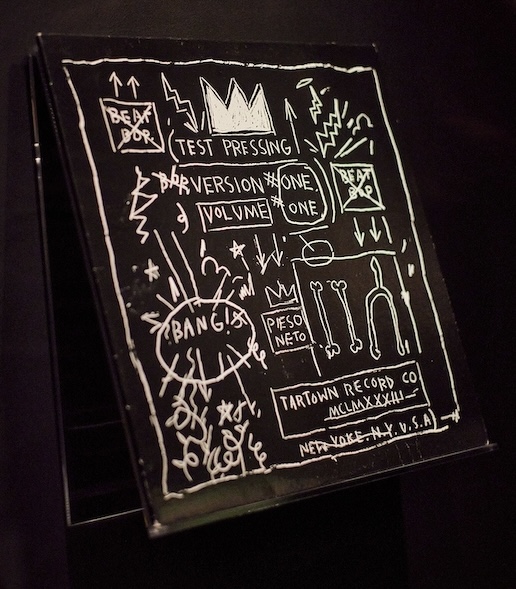
Rammellzee and Jean-Michel Basquiat (Rap record)
Beat Bop, 1983
Test Pressing, Vinyl Record
It’s worth noting, due to the rarity of its original pressing ad, the cover art by Basquiat, Beat Bop, remains the most valuable rap record ever made.
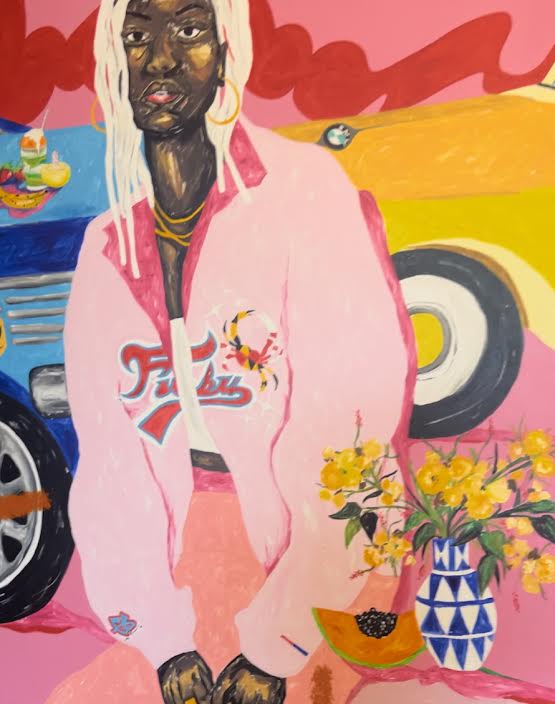
Zéh Palito, Artist
It Was All a Dream, 2022
It’s great to see a level of respect for this genre of music and expression. Despite the multiple gold and platinum singles produced, the Grammys ignored the first decade of recorded rap. February 1989, Jazzy Jeff & The Fresh Prince won the first-ever Rap Grammy.
Kendrick Lamar won the 2018 Pulitzer Prize for Music for his 2017 album, Damn. That recognition made him the first non-classical or jazz artist to win.
Lauryn Hill is the most-awarded female rapper with eight Grammy Awards.
After nearly two hours of viewing the groundbreaking hip-hop exhibit, a quick drive to Mount Vernon for dinner. The upscale Magdalena’s restaurant is located within the Black-owned Ivy Hotel. Mount Vernon, a cultural district of Baltimore, was once home to the city’s wealthiest and most fashionable families.
Al fresco dining is my preferred seating during the summer, but unfortunately, there was a wedding reception. Nevertheless, Magdalena’s at The Ivy Hotel was one of my best fine-dining experiences in Baltimore. Why?
Firstly, the historic 19th-century mansion became a boutique hotel in 2015, owned by Sylvia and Eddie Brown, Baltimore philanthropists. Secondly, Scott Bacon, chef’s kiss to you for the superb Piedmontese Ribeye, sunchokes, and other delectables. Lastly, how about the logoed London cab car guests can reserve for outings or bridal parties?
“Art Is How We Decorate Space. Music Is How We Decorate Time”
Jean-Michel Basquiat
The exhibit showed the impact of hip-hop’s cultural expression in conveying beauty.


